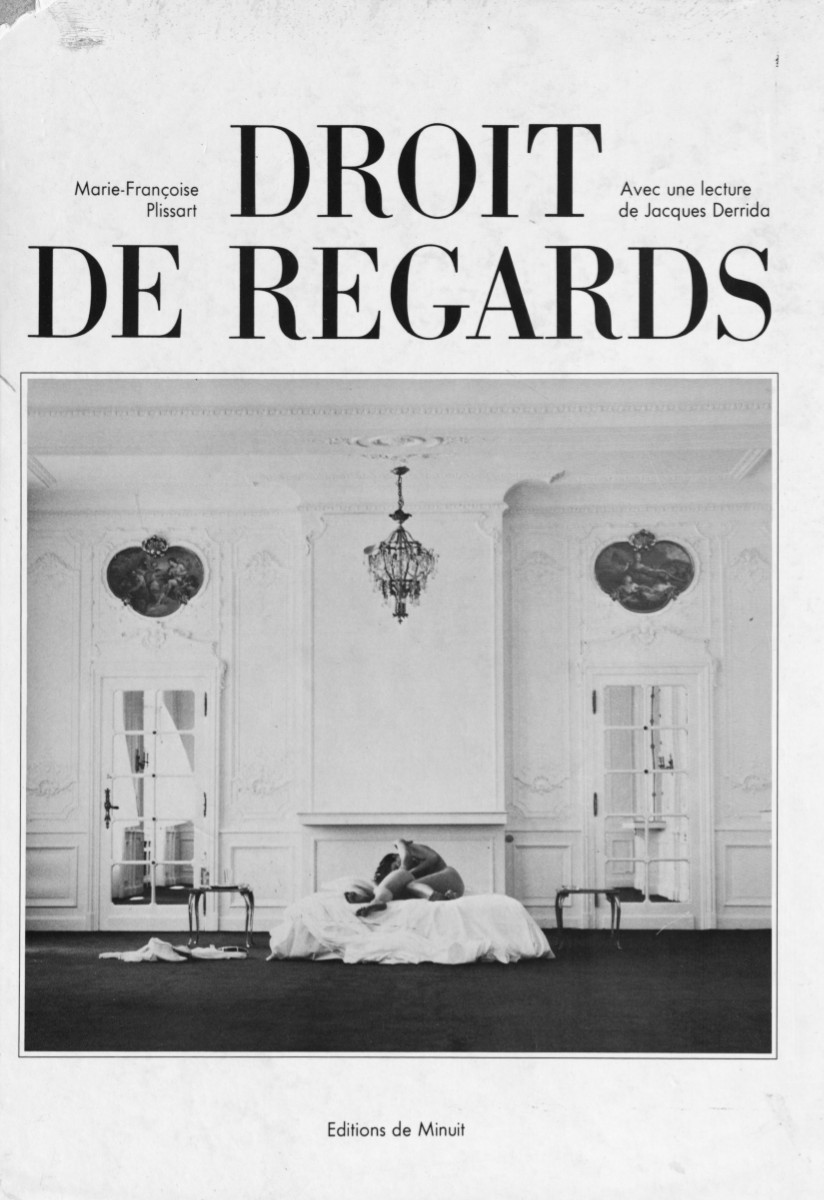New World Academy Reader #3: Leaderless Politics, with International Pirate Parties (2013)
Filed under book | Tags: · activism, art, copyright, democracy, liquid democracy, pirate party, politics, surveillance

The international Pirate Parties consist of about 40 political parties worldwide, initiated by the founding of the first Pirate Party in Sweden in 2006. The parties present themselves as practitioners of leaderless politics, convinced as they are that the cult of leadership has long undermined the possibility of a true, direct democracy. The parties defend a process of permanent voting through an approach they term Liquid Democracy, in which online forums are maintained by each Pirate Party that give members the opportunity to continuously vote on new proposals. Despite the fluid nature of their programs, the parties nonetheless remain committed to defending several of their key causes, which include supporting a free and open Internet, common intellectual property, and the establishment of strong privacy laws to protect Internet users.
With contributions by Heath Bunting, Becky Hogge, Birgitta Jónsdóttir, Geert Lovink & Merijn Oudenampsen with Willem van Weelden, Matt Mason, Metahaven, and Dirk Poot.
Edited and with an Introduction by Jonas Staal, in dialogue with Dirk Poot
Publisher BAK, Utrecht, 2013
ISBN 9789077288207
146 pages
Out of print, now open access
Pirate Academy (event, December 2013)
Publisher
Charles W. Turner: Xenakis in America (2014)
Filed under book | Tags: · biography, composition, computer music, electroacoustic music, electronic music, mathematics, music, sound synthesis

Iannis Xenakis had a long-standing interest in the U.S., but given the five years he spent there, little has been written about his experiences. This study attempts, through archival research and interviews, to document Xenakis’ time in the United States. Its subject is his relationship to American cultural institutions, and the attraction of America for his musical composition and research.
Xenakis in America treats the period from Copland’s invitation to Tanglewood in 1963, through Xenakis’ 1972 investment by France as a state-supported artist. While he visited the U.S. many times thereafter, he no longer sought long-term engagement with U.S. institutions, but presented work completed elsewhere. After his summer at Tanglewood, performances of Xenakis compositions by Schuller, Foss and Bernstein (among others) are tracked throughout the 1960s and 1970s. Xenakis’ association with George Balanchine is examined, along with the reception of Xenakis’ theoretical writings, culminating in the publication of Formalized Music. in 1971. Xenakis’ collaboration with Alexis Solomos on Aeschylus’ Oresteia, produced in 1966 by the Ypsilanti Greek Theatre, is explored, as well as the founding of Xenakis’ research center CMAM at Indiana University in 1967, which he would build over the next five years.
Concerning Xenakis’ reasons for coming to America, there are two major motivations. First, there were reasons to look beyond France: its state institutions, up to the late 1960s, provided little support for avant-garde composition. Later, there were reasons to return: with the Polytope de Cluny of 1972, the Ministry of Culture signaled a policy change that favored Xenakis, and established his CeMAMu as a state-supported research center. Second, Xenakis’ opportunities in the U.S. satisfied his interest in working outside the boundaries of autonomous composition. The collaboration on the Ypsilanti Oresteia offered Xenakis involvement with both ancient and modern Greek theater, and Bloomington’s sponsorship of CMAM, which included the equipment necessary for computer synthesis of sound, gave Xenakis access to technology unavailable in France at the time.
Publisher One Block Avenue, Tappan/NY, October 2014
Open Access
ISBN 9780692267165
146 pages
The printed book is available from Lulu.com. Proceeds go to The Friends of Xenakis Association.
Comment (1)Marie-Françoise Plissart, Jacques Derrida: Droit de regards (1985)
Filed under book | Tags: · philosophy, photography

Fin du siècle dernier. Dans des décors princiers, dont les ruines sont devenues des théâtres fragiles, des femmes s”aiment, se poursuivent et se perdent. Dans les parcs, au bout des couloirs et sous les lustres fanés, des scènes troublantes s”entrecroisent. Autant d”énigmes que chaque regard — le vôtre – peut résoudre — ou pas. Droit de regards se lit comme de la poésie: littéralement et dans tous les sens. Le roman-photo est suivi d”une lecture de Jacques Derrida, qui en prolonge les multiples ramifications.
Photography by Marie-Françoise Plissart
Script and montage by Benoît Peeters and Marie-Françoise Plissart
Essay by Jacques Derrida
Publisher Minuit, Paris, 1985
ISBN 2707310190, 9782707310194
99 + 36 pages
via Scripted
Commentary (Alexandra Koeniguer, Textyles, 2011, in French)
PDF (139 MB)
Comment (0)
